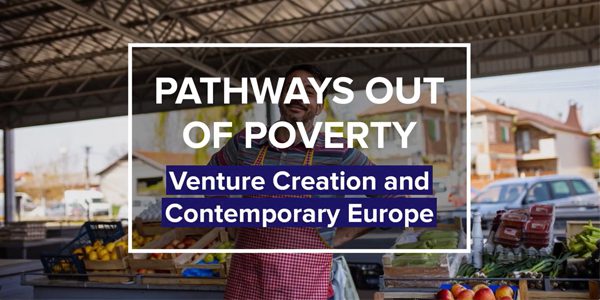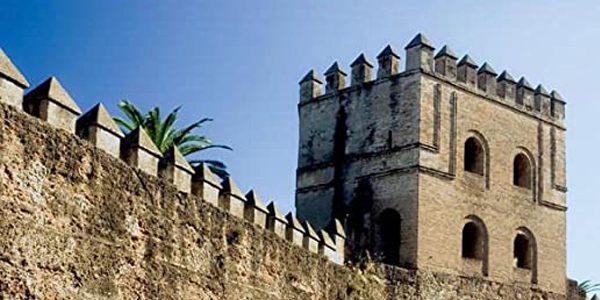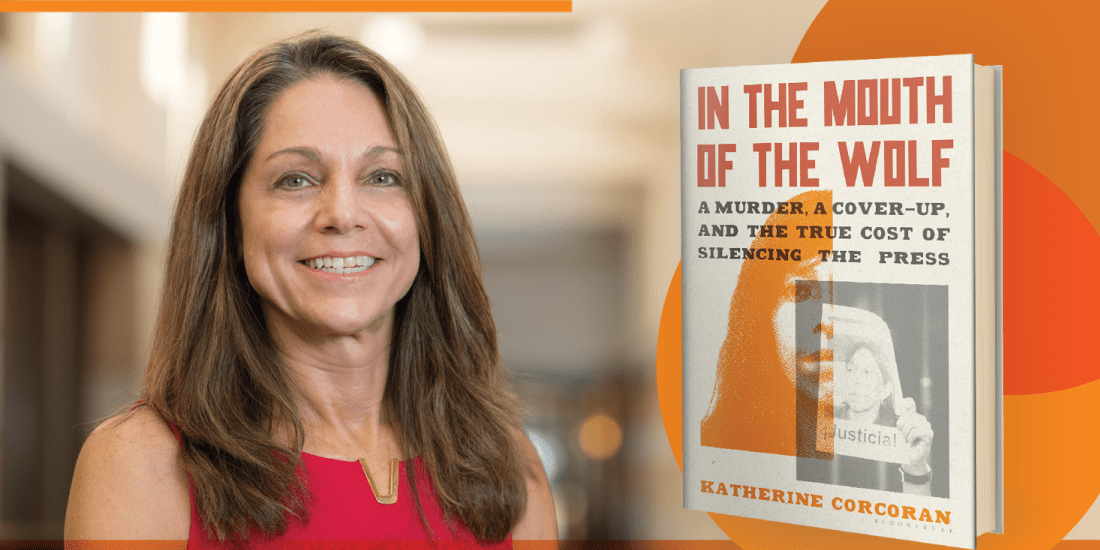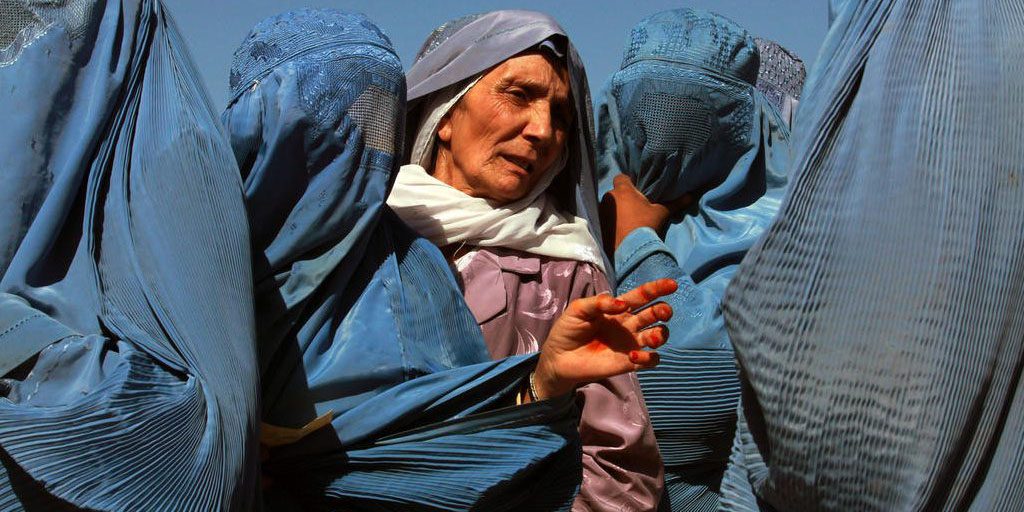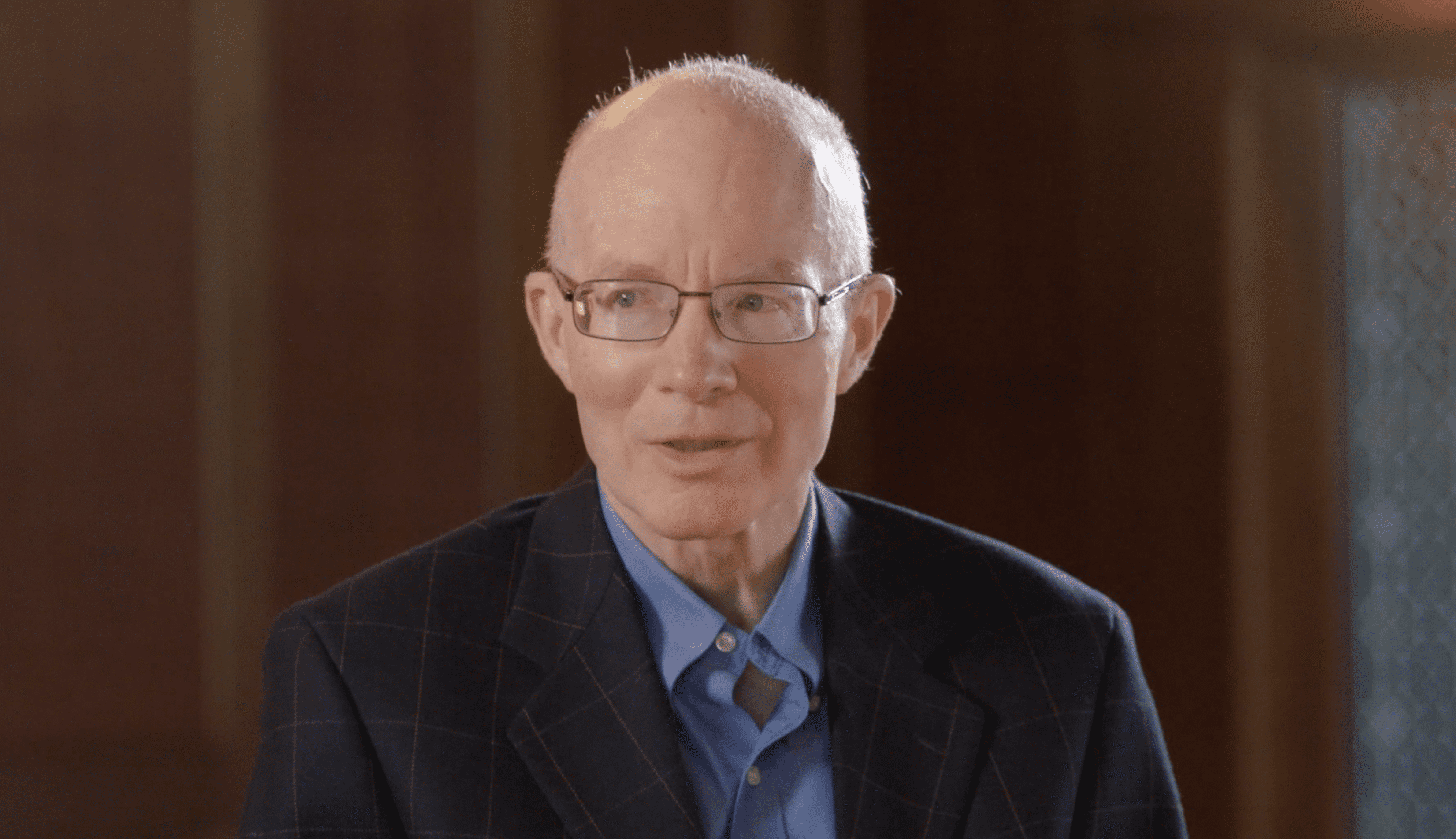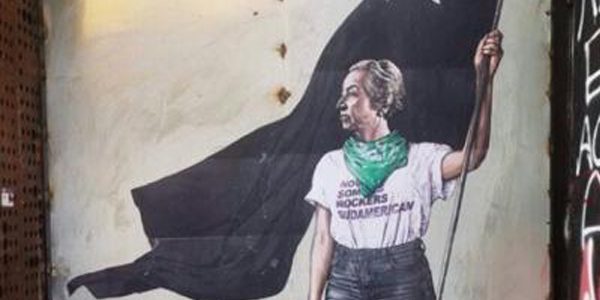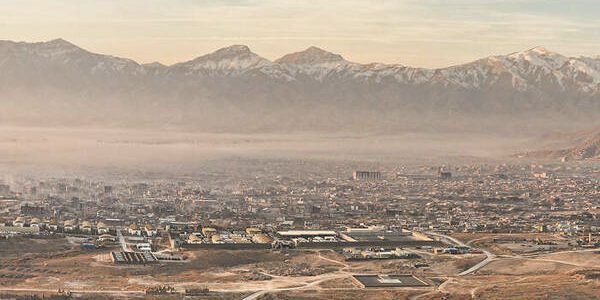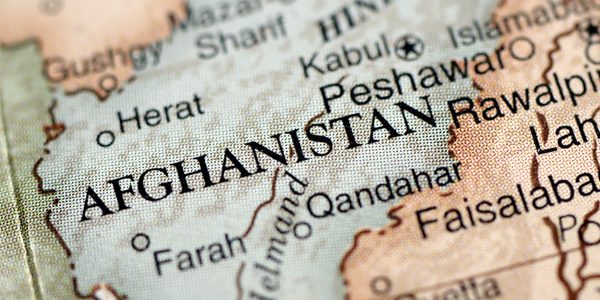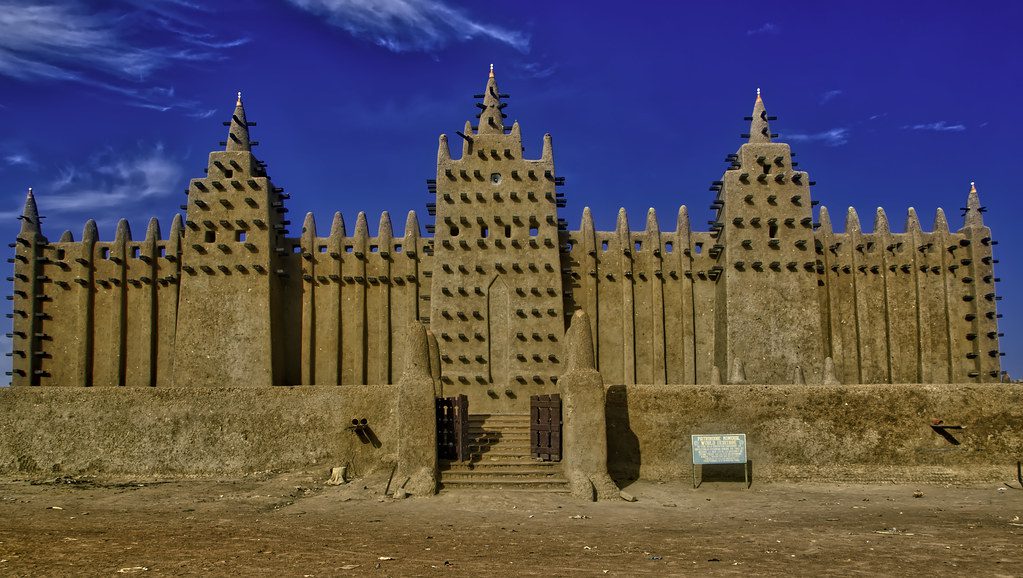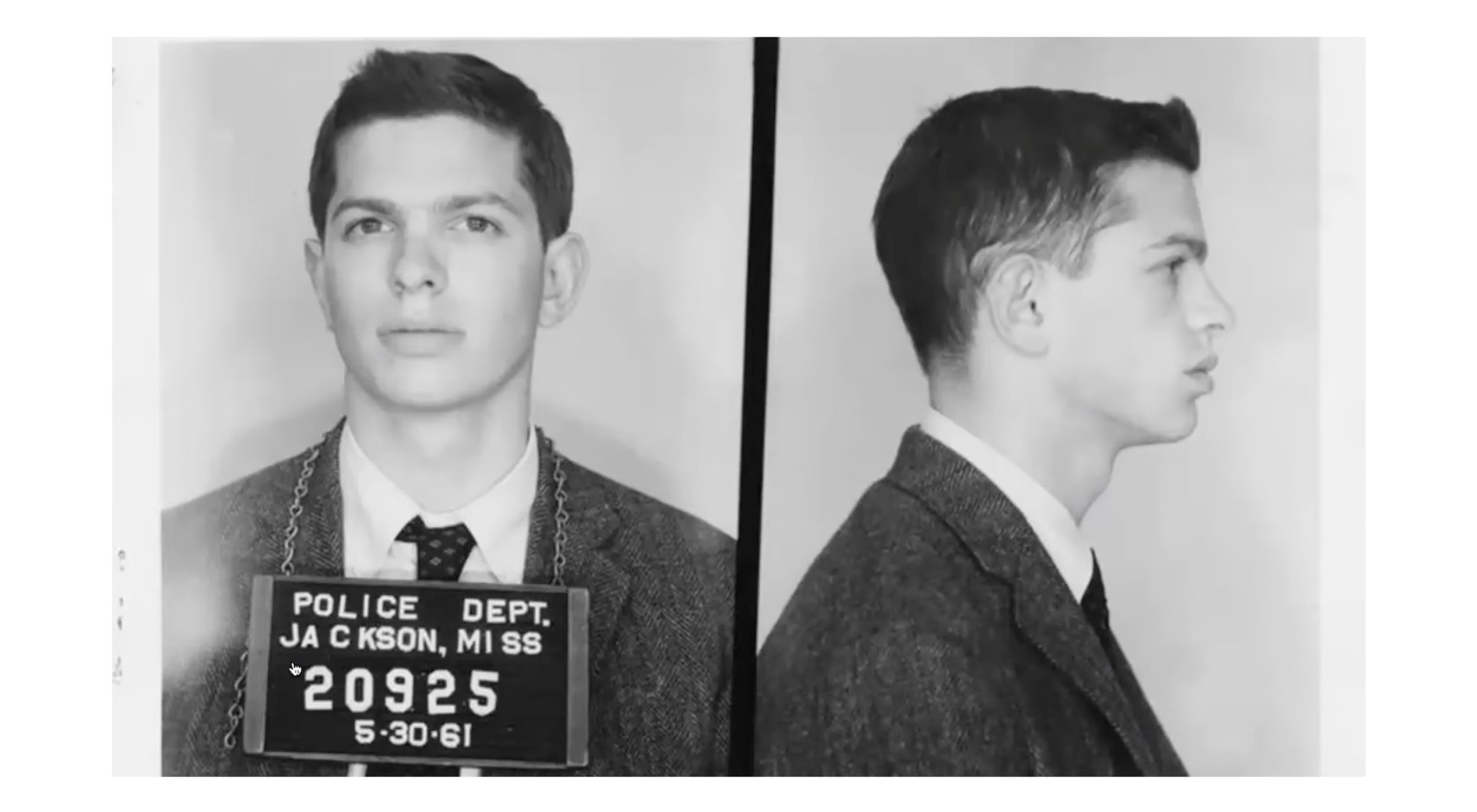Patrizio Piraino, director of the Ford Program in Human Development Studies and Solidarity at the Kellogg Institute for International Studies, opened the program and welcomed attendees to Week 2 of the Beyond the Border program. Piraino welcomed moderator Tom Hare to get the session started.
Last week Hare shared his Central America origin story and how he came to dedicate his work to the region through the relationships he formed. He noted an interesting comparative case in his adopted hometown of St. Louis where violence has challenged human and economic development for some time. He was curious to see if similar circumstances were true in Central America. As he worked for a non-profit that helps train and support legal institutions in Central America and then as he pursued his PhD, he found that there were some similarities – lack of economic opportunity, underfunded schools, few positive role models – but also important differences – a recent history of political violence, stronger gang ties, and failing public safety institutions.
Hare introduced the speakers: Clara Villatoro Huezo is currently a Notre Dame Masters in Global Affairs student. She joined the session from New York where she is doing her practicum with the United Nations Development Programme. Clara is also an accomplished journalist having worked for one of the major dailies in El Salvador before pursuing graduate studies.
Dr. Hugo Noé Pino is currently a candidate for the National Congress of Honduras in the upcoming November elections. He is a former professor and researcher at UNITEC Honduras, and he is formerly the president of the Central Bank and Minister of Finance in Honduras, and he performed diplomatic functions as an ambassador of Honduras to the United Nations and the United States of America. Hugo also served as executive director for Central America for the Inter-American Development Bank, and as senior advisor to the Director for Central America at the World Bank.
Hare turned the conversation over to Villatoro, who is currently pursuing her second masters degree in global affairs and peace studies at Notre Dame. She noted that she has been trying to understand peace since she was very young. She was born in the middle of a civil war in El Salvador and witnessed violence from war at a very young age. As an adult journalist, Villatoro witnessed social and criminal violence and social institutions failed to provide civilians with their basic needs. She has used these experiences and her learnings from Notre Dame to understand what peace means.
Villatoro noted that, unlike many other Salvadorans, she has been privileged to have had access to education. She is the first Salvadoran student in 30 years to join the international peace studies program at Notre Dame. She highlighted that her family is the other face of migration that we often don’t focus on, as they were the people who stayed in El Salvador despite the difficulties they faced. Due to the economic situation in El Salvador, her father came to the U.S. as an undocumented migrant to work for five years but chose not to bring his family because he felt that the identity of being Salvadoran was extremely important. Migration is very complex and there are many elements that play into it.
The conversation turned to Hugo Noé Pino, who is running for Congress — his second time in his country of Honduras. In 2005, Hugo ran for president of Honduras in the primary election of the liberal party and is very passionate about stopping and reversing the deterioration of public institutions in the country. Organized crime is a big issue in the Honduran government and many suffer unemployment and poverty.
A couple of years ago when Hare and Pino were in Washington DC together, Pino told the audience then that what is missing in the region is hope, that people – especially youth – had little or no hope in their future if they stay in Central America. Pino noted that, unfortunately, the government in Central America does not respond to the needs of the population. Education is limited, violence and gangs are pervasive, drug trafficking is high, and there is little healthcare structure. All the while, tax elites are given the freedom to evade taxes. People do not leave because they want to, they leave because they don’t have an opportunity to give their families what they need.
Hare highlighted Villatoro’s current capstone project, which focuses on migration. Villatoro is studying the connection between migration and peace and is currently collecting stories from migrants in New York, which is the second metropolitan area with Central Americans (behind Los Angeles). Villatoro noted that we typically focus on the drivers of migration, but that it is equally important to focus on how to resolve those drivers. Many migrants have had traumatic experiences in their home countries, so it makes sense that they sometimes do not want to go back. Hearing the stories of migrants can help us to understand what peace means in the absence of war.
Pino and Hare collaborated on a book chapter about an economic development plan in the region – Plan Prosperidad. Their conclusion was that it didn’t bring about the prosperity that it was designed to provide. Pino criticized U.S. policy on migration, which he argued has been inconsistent and ineffective. Governments must have a clear strategy for development to allow people to meet their basic needs and you must use diplomatic tools to reduce corruption. Pino emphasized the importance of the upcoming elections in Honduras, as they will decide if the country is again run by a corrupt group or if the people will begin to see light at the end of the tunnel.
The session ended with a reflection on the concept of peace. Villatoro noted that for her personally, peace has to be built for the whole society, not just those who need a peace agreement for a specific conflict. Although the absence of conflict is good, it doesn’t mean that everyone is experiencing peace. It is something we have to build together, and something we need to continuously build in order to allow people to flourish.
Visit the event page for more.

